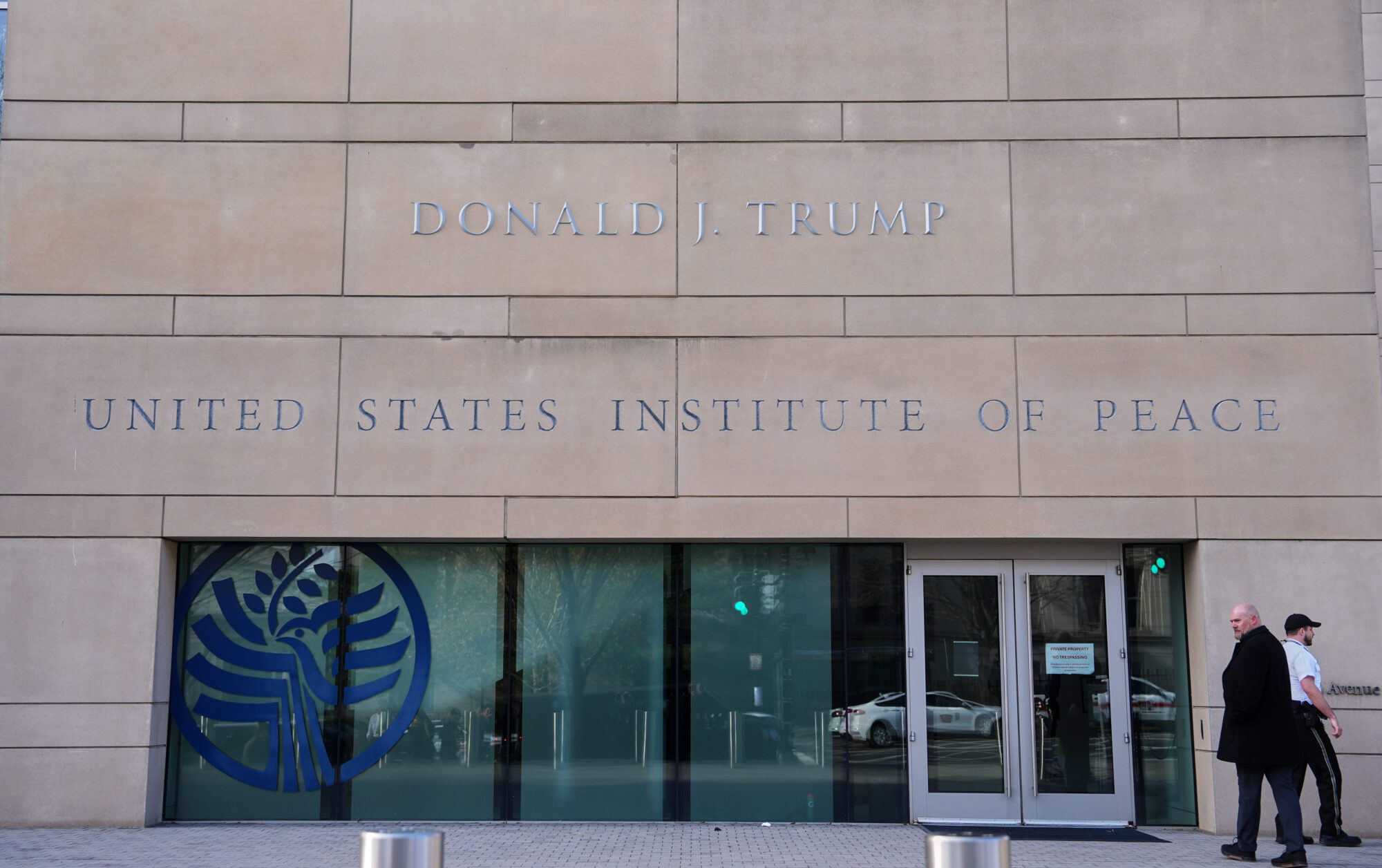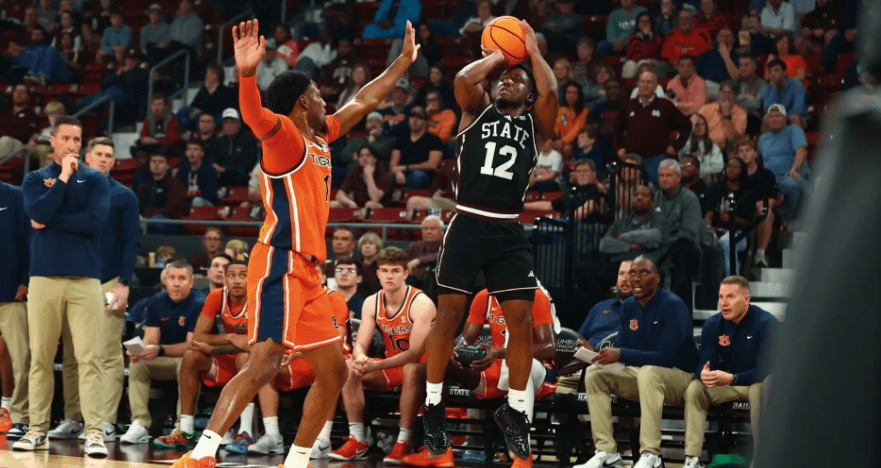PRO
Tort reform: Should court limit damages?
Juries have always been constrained by the law. Judges routinely instruct juries on the law, including the standard for fault, to whom they can allocate fault and what type of damages are recoverable.
Verdicts are properly overturned or modified when the judge gives the jury a wrong version of the law or a jury returns a verdict inconsistent with the law.
There is no difference with the noneconomic cap. It is law, just like all other laws that govern in court. A jury has never been, and should not be, a law unto itself.
Ironically, there are real questions about whether the law supports any damages in the Lymas case, regardless of the statutory caps.
Charlie Ross
Clarion Ledger
8/1/10
CON
Should court limit damages?
Are corporations simply more important than individuals? Should politicians, paralyzed by corporate influence, pass laws that decide cases, even when they have not heard a bit of the evidence? Or should 12 qualified neighbors, picked by the competing lawyers, listen to all the evidence and make a fair decision?
In Lymas v. Double Quick, our Supreme Court may decide whether Mississippi’s arbitrary limits on damages violate our state constitution. Other states around the country, most recently Georgia, have already determined such caps are unconstitutional.
Lance Stevens
Clarion Ledger
8/1/10







